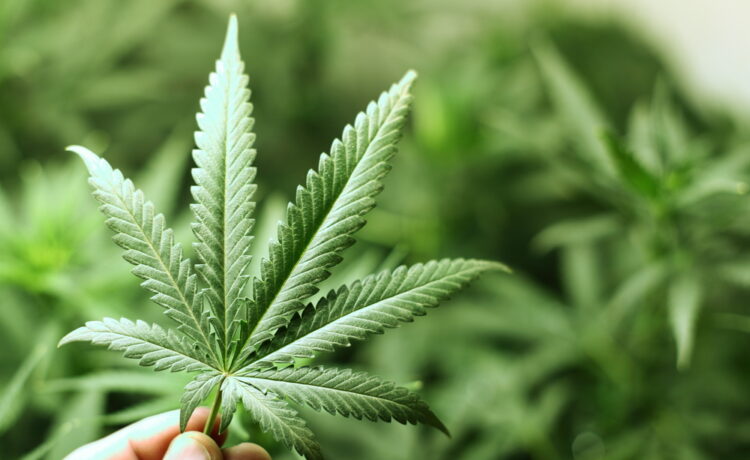When Utah lawmakers began working on making Proposition 2 into a workable medical cannabis law, they decided to take a very measured approach to controlling everything from growing to distribution. The thinking was that more control reduced the risk of their future medical cannabis program becoming a free-for-all. Years later, they are facing legitimate black-market concerns.
A recent report from Salt Lake City’s Fox 13 suggests that some cannabis patients in Utah could be crossing state lines to get their cannabis. They might also be turning to the black market. Both situations represent exactly what lawmakers have been trying to avoid.
Utah’s Medical Cannabis Pharmacy Problem
In Utah, retail outlets that sell medical cannabis are known as pharmacies. Lawmakers do not like using the terms ‘marijuana’ or ‘dispensary’ in medical discussions, so they are avoided at all costs. Carefully choosing the terms may make the program look better, but it doesn’t change reality. And right now, the reality is that Utah has a medical cannabis pharmacy problem.
The problem is twofold. First, Utah has only licensed just over a dozen pharmacies to serve the entire state. Provo’s Deseret Wellness is one of them. Unfortunately, all but one of the pharmacies is located in an urban area. That leads to the second problem.
Utah is a largely rural state. Residents on the state’s borders often need to drive an hour or longer to get to a licensed pharmacy. That is a problem. Medical cannabis is already expensive enough as it is. When you add in the cost of gas and the value of the time one spends driving to and from, traveling to an urban pharmacy is hard to justify.
Other Sources Are Cheaper
In a perfect world, Utah’s medical cannabis patients would not cross state lines or turn to the black market. But said patients do not live in a perfect world. They live in a world in which cannabis can be sourced cheaper through black market suppliers and out-of-state operators.
The one downside to doing so is a potential loss of quality. When patients source their medical cannabis outside of the licensed pharmacy environment, they cannot necessarily be sure of what they are getting. This is especially true when buying from the black market. At least licensed pharmacies in Utah must maintain some level of quality control.
Still, quality is less of an issue when patients are spending hundreds of dollars per month on legal medical cannabis. Just about any patient would be tempted by prices that could be many times lower.
Solutions Are Available
Utah lawmakers know that solutions are available to them. It is really a matter of whether they find those solutions appealing. According to Fox 13, one solution already being entertained is the possibility of licensing additional pharmacies.
Current pharmacy owners do not like that idea for obvious reasons. They neither want nor need the competition. But patient advocacy groups are in favor of pharmacy expansion. They would like to see as many pharmacies as possible throughout the state.
Price reduction is also something state lawmakers need to take a serious look at. They can help bring down prices by licensing more growers and processors. They can also reduce operating costs by lowering licensing fees. And of course, they could reduce the taxes they collect on medical cannabis.
The ball is more or less in their court. As things currently stand, Utah is facing a legitimate problem with the black market and patients crossing state lines. Lawmakers have the power to deal with both. The question is whether they have the willingness or not.









